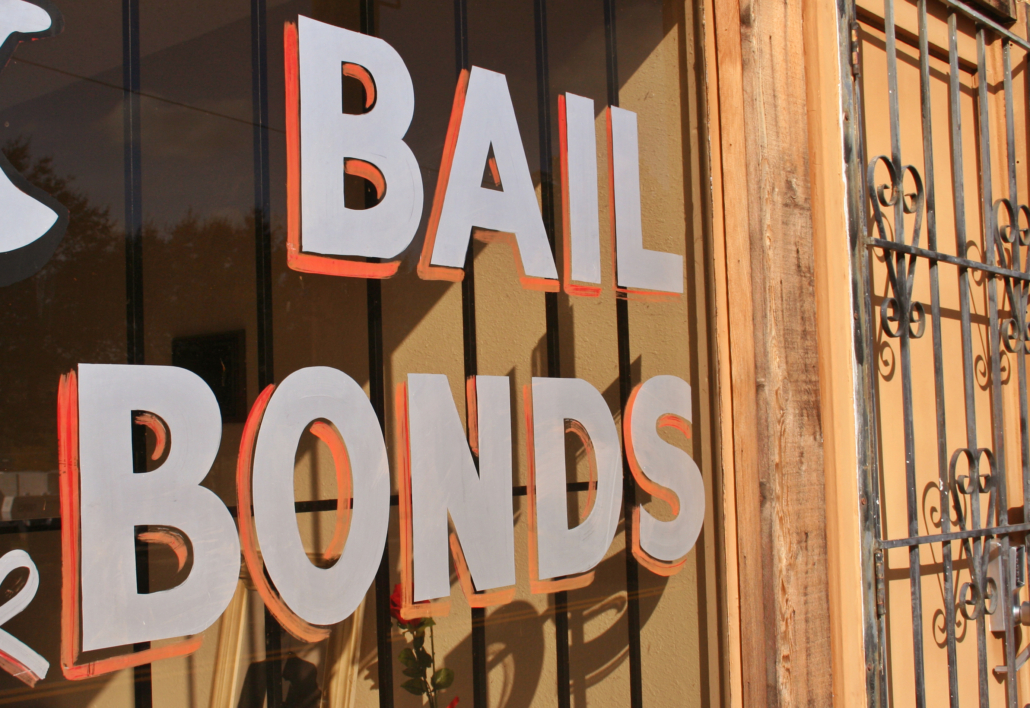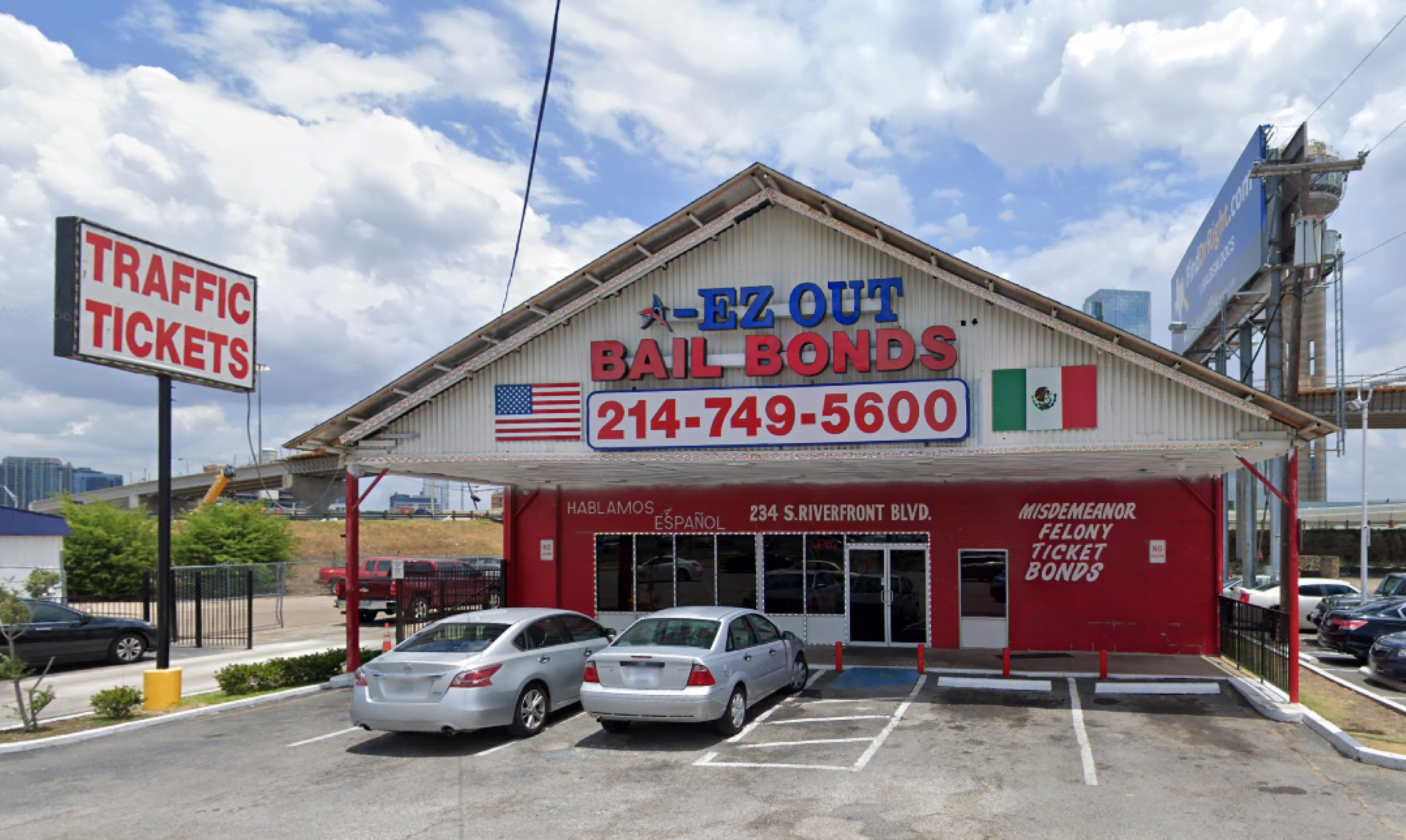Necessary Tips for Picking Bail Bonds Richland Area for Your Instance
A Comprehensive Overview to the Financial and lawful Aspects of Bail Bonds
The intricate globe of bail bonds offers as an essential part within the legal system, yet it usually stays shrouded in enigma for many people. This overview dissects the legal structure and financial complexities that specify bail bonds, losing light on the essential role of bail representatives and the various bond types offered. Understanding the financial ramifications, such as non-refundable costs and potential collateral loss, is crucial.
Comprehending Bail Bonds
Navigating the complexities of the legal system commonly needs a clear understanding of bail bonds. Basically, a bail bond is an economic warranty to the court that the offender will certainly appear at all required hearings.

The bail bondsman assumes the danger, making certain compliance with court appearances - bail bonds richland county. This system permits the balancing of specific flexibility with the guarantee that justice can be offered, promoting a more reliable lawful procedure
Legal Framework of Bail
The lawful structure of bail is elaborately structured to balance the civil liberties of the charged with the interests of public safety and the honesty of the judicial procedure. At its core, bail serves as a device to ensure that defendants go back to court while awaiting trial, without the requirement for pretrial detention. The Eighth Amendment of the USA Constitution restricts too much bail, therefore securing against corrective pretrial measures that would unduly restrict an individual's freedom.
Judges play a crucial function in determining bail, considering factors such as the nature and severity of the crime, the accused's criminal background, possibility of trip, and potential hazard to the community. This optional power intends to tailor bail choices to individual conditions, promoting justness while maintaining public security. Territories may have certain laws and guidelines that additionally delineate the conditions under which bail is ideal.
Moreover, the legal structure includes different types of bail, including cash bonds, guaranty bonds, and individual recognizance, each with distinctive requirements and ramifications. Current reforms in some territories have sought to deal with systemic inequalities by minimizing reliance on money bail, thereby emphasizing non-monetary conditions that line up a lot more very closely with principles of justice and equality.
Function of Bail Brokers
While the lawful structure of bail sets the stage for judicial discernment, bail representatives play an important duty in the useful functioning of the bail system. These experts, likewise referred to as bail bondsmensman, offer as middlemans in between the court and the accused, helping with the release of accuseds from safekeeping pending trial. By issuing surety bonds, bail representatives assure the offender's look in court, properly thinking economic duty if the specific fails to appear.
Bail agents possess a deep understanding of the lawful procedures and requirements for posting bail, giving invaluable guidance to offenders and their family members throughout what can be a difficult duration. They assess the risk linked with each offender and establish whether to provide a bond based on various variables, consisting of the nature of the alleged crime, the defendant's criminal background, and bail bonds near me mansfield ohio connections to the area.
In addition, bail agents usually use techniques to ensure conformity, such as regular check-ins or the use of monitoring devices. Their participation is critical in maintaining the equilibrium in between private legal rights and public safety and security, as they allow the judicial system to function successfully by making sure defendants exist for their court proceedings without unneeded pretrial detention.
Financial Factors To Consider
Understanding the economic aspects of bail is critical for accuseds and their family members as they navigate the intricacies of the legal system. bail bonds near me mansfield ohio. Bail bonds work as an economic guarantee to the court that the accused will appear in all required hearings. Commonly, bail is set based upon the severity of the infraction, trip risk, and the accused's criminal background. When bail is unaffordable, accuseds often turn to bail bond companies. These companies charge a non-refundable premium, generally 10-15% of the total bail amount, which makes up the primary cost to the defendant.
Security may also be required, which can consist of properties such as property or lorries. This ensures the bail bond company can recoup its losses if the accused falls short to appear in court. It is essential for families to examine their monetary scenario before devoting to a bail bond, as failing to conform with court appearances can result in the forfeiture of collateral.
In enhancement to the costs and security, defendants must take into consideration any kind of extra costs that a bail bond agency may charge, such as administrative or processing costs, which can better affect their monetary liability. Comprehending these financial responsibilities is essential to make informed decisions.
Threats and Duties
Involving with a bail bond firm takes the chance of both presents and responsibilities that defendants and their households must carefully take into consideration. One main risk entails the monetary obligation. By safeguarding a bail bond, the defendant or their family members pledges to pay a non-refundable fee-- normally 10% of the bail quantity. Failure to abide by the court's demands can result in added financial responsibilities, including the complete bail quantity if the defendant absconds.
Additionally, co-signers bear considerable duty. They are commonly required to supply collateral, such as residential or commercial property or other important assets, to guarantee the bond. If the accused fails to appear in court, the co-signer threats losing this security. Furthermore, they might need to cover any costs incurred by the bail bond agency in their efforts to nab the defendant and situate.
An accused who misses out on court looks can deal with arrest and added costs. Comprehending the full range of these risks and duties is crucial for any person thinking about the bail bond process.

Conclusion
The economic and legal intricacies of bail bonds demand a detailed understanding of the systems controling bail, including the duties of bail representatives and the various kinds of bonds readily available. This thorough understanding aids in navigating the complex landscape of bail and its associated responsibilities.
A bail bond firm, typically a private business, provides a guaranty bond to the court, covering the full bail amount in exchange for a cost, usually 10% of the total bail.
